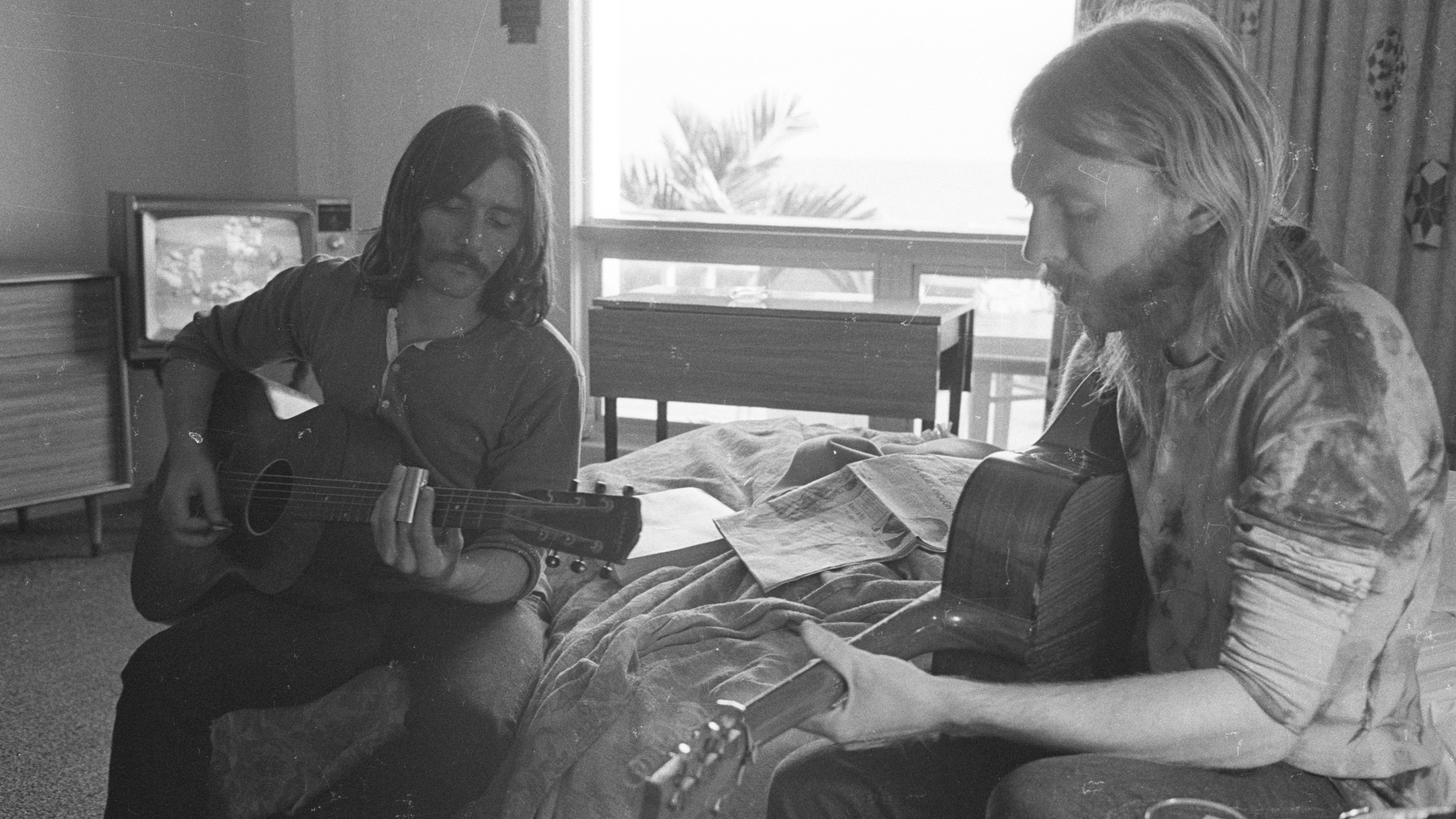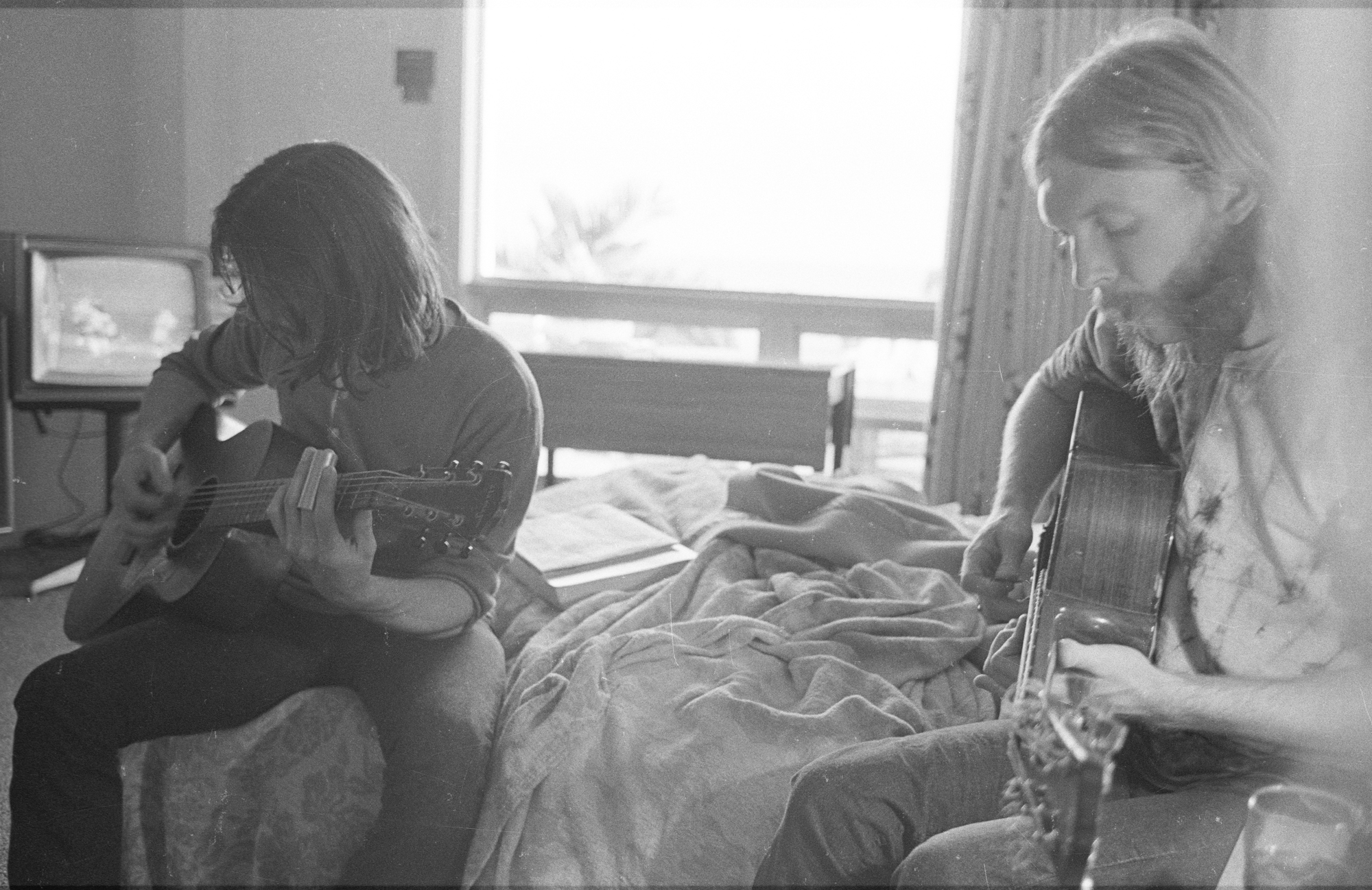“It was uncomfortable, but if we were going to play those songs, then I had to play them”: Dickey Betts initially “hated” having to play Duane Allman's slide parts
Though he did so with incredible creative and commercial success, leading the Allman Brothers Band in the wake of Duane Allman's untimely passing took a heavy toll on Betts, emotionally and musically

All the latest guitar news, interviews, lessons, reviews, deals and more, direct to your inbox!
You are now subscribed
Your newsletter sign-up was successful
With the passing of Allman Brothers Band great Dickey Betts in April, at the age of 80, the rock world lost one of its greatest, and most idiosyncratic, guitar heroes.
It was Betts who took the helm of the group following the tragic death of electric guitar dynamo Duane Allman in 1971, serving for years afterward as the band's sole guitarist.
Though he did so with incredible creative and commercial success, leading the Allman Brothers in the wake of Duane Allman's passing took a heavy toll on Betts, emotionally and musically.
Examining the tumultuous period for the band in his book, Brothers and Sisters: The Allman Brothers Band and the Inside Story of the Album That Defined the '70s – an excerpt of which features in the new issue of Guitar Player – Allman Brothers Band biographer Alan Paul recounts how Betts wrestled with his newfound musical responsibilities.
“It was difficult to suddenly have to play slide,” Betts said. “I’ve always enjoyed playing acoustic slide, but I never cared much for playing electric slide and I hated having to play Duane’s parts. It was uncomfortable, but if we were going to play those songs, then I had to play them.”

Faithfulness to the band's more slide-heavy side – perhaps best encapsulated in Statesboro Blues, the opening track on the band's live classic, At Fillmore East – aside, Betts nonetheless also led the group into country territory at times following Duane's death, penning some of their most beloved tunes, among them the instrumental Jessica and the immortal Ramblin' Man, in that vein.
As Paul recounts in Brothers and Sisters, Betts was unsure of taking the band in that more country-flavored direction – with Ramblin' Man in particular – but the band's co-leader, the late Gregg Allman, was enthusiastic about the tune.
All the latest guitar news, interviews, lessons, reviews, deals and more, direct to your inbox!
“Hell,” Allman said, “that song cooked.”
To read the full Guitar Player salute to Betts, pick up a copy of the new issue of the mag at Magazines Direct. Alan Paul's Brothers and Sisters: The Allman Brothers Band and the Inside Story of the Album That Defined the '70s can also be purchased now.

Jackson is an Associate Editor at GuitarWorld.com and GuitarPlayer.com. He’s been writing and editing stories about new gear, technique and guitar-driven music both old and new since 2014, and has also written extensively on the same topics for Guitar Player. Elsewhere, his album reviews and essays have appeared in Louder and Unrecorded. Though open to music of all kinds, his greatest love has always been indie, and everything that falls under its massive umbrella. To that end, you can find him on Twitter crowing about whatever great new guitar band you need to drop everything to hear right now.
